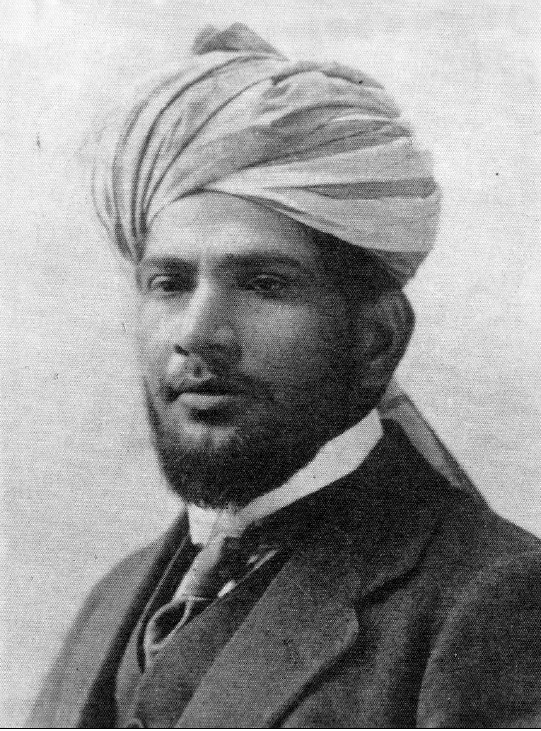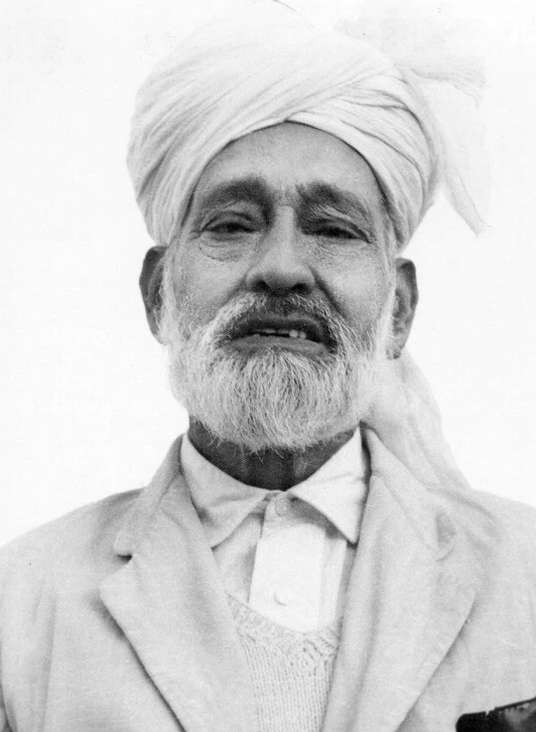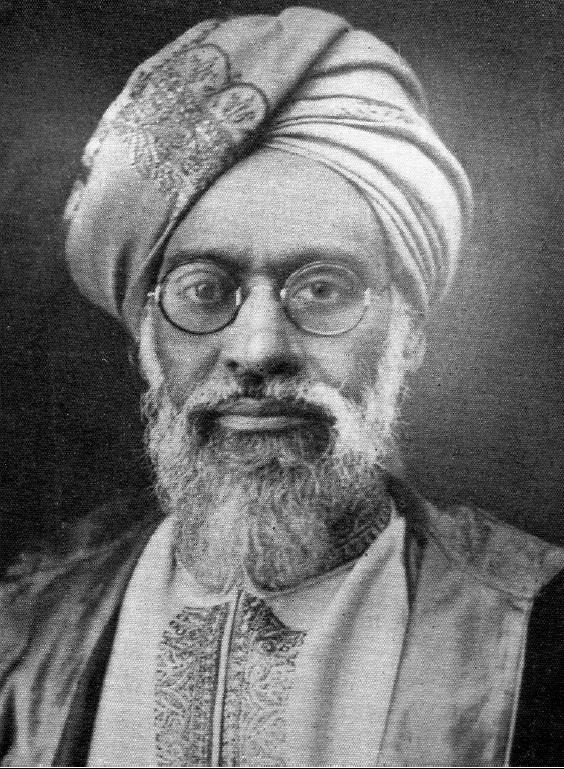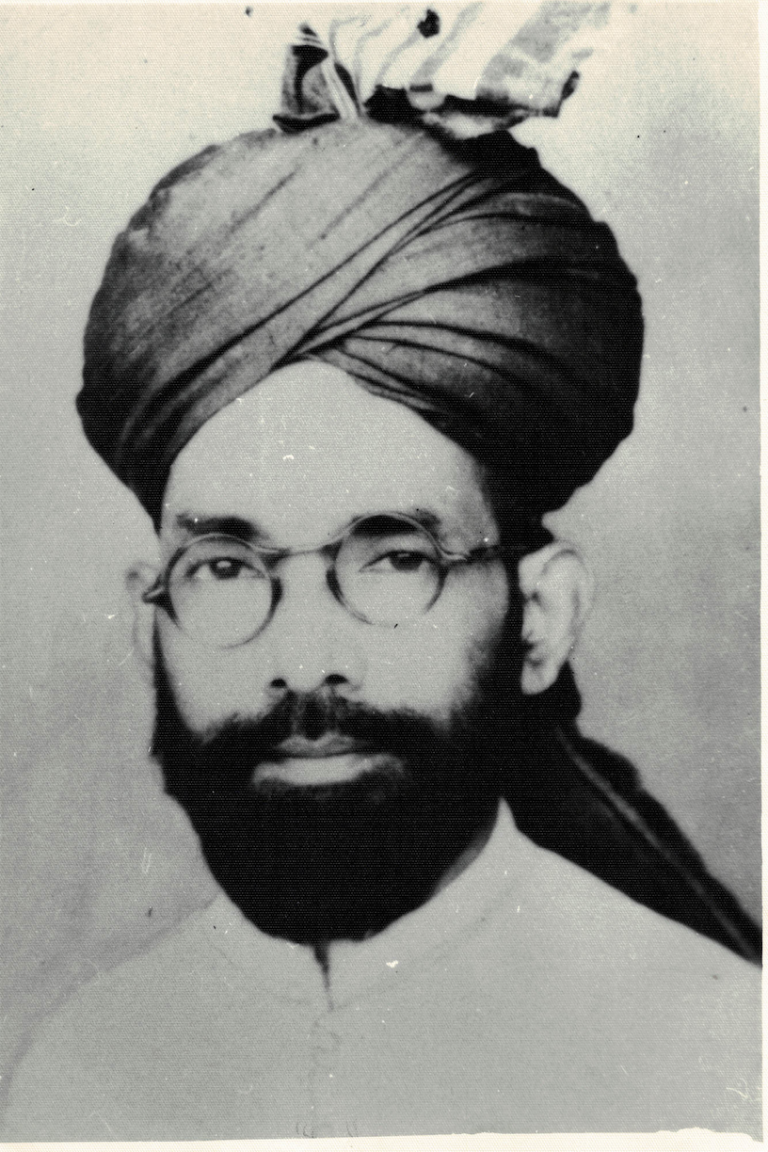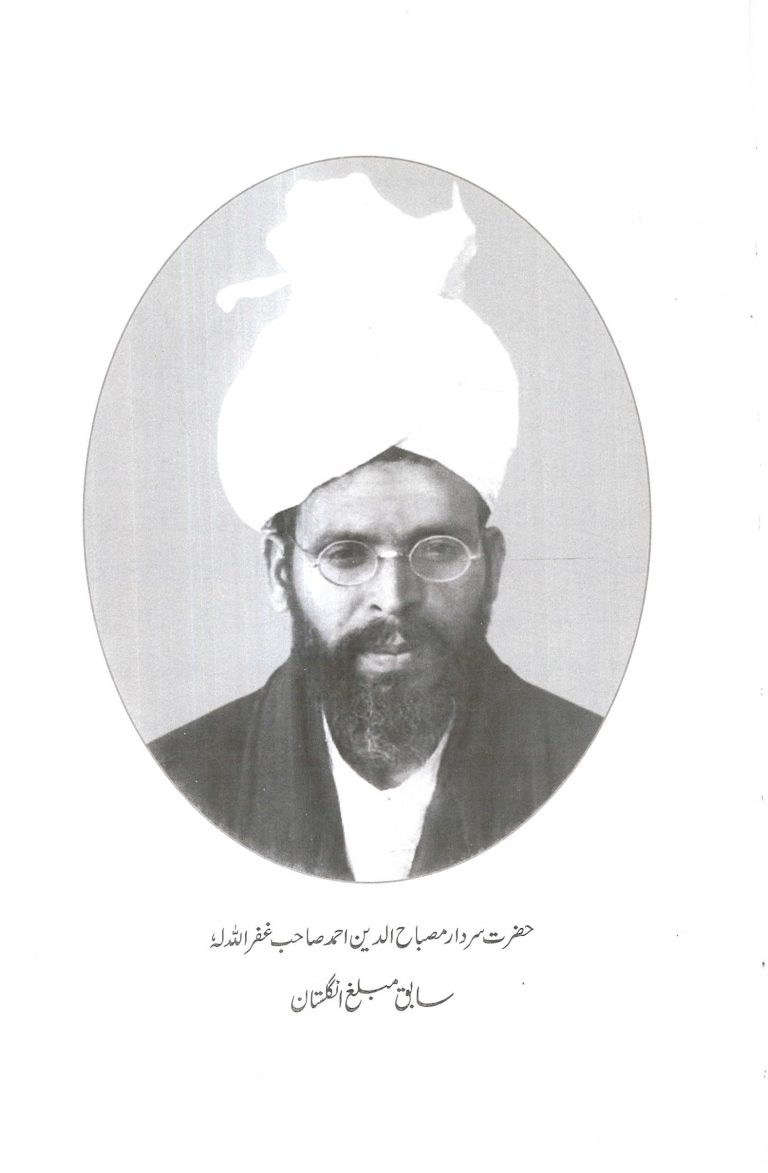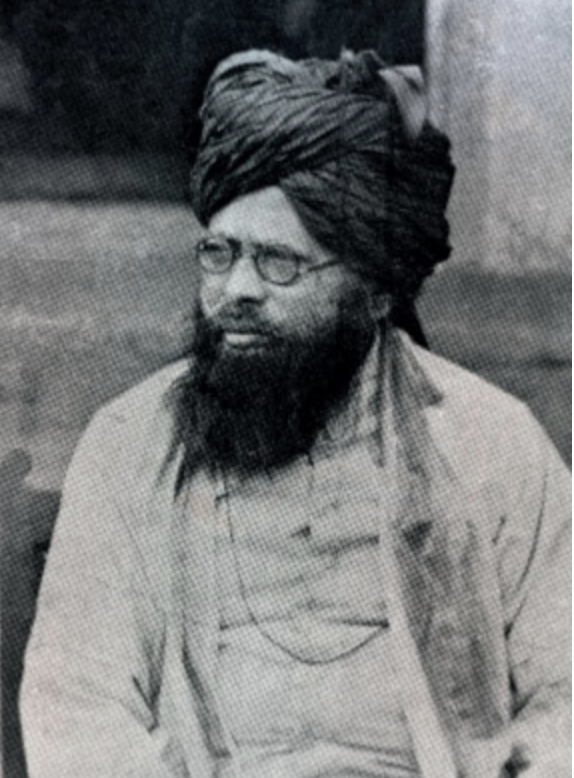Chaudhary Zahur Ahmad Bajwa Sahib, born in 1919 in the southern region of Sargodha, Pakistan, was the son of Chaudhary Sher Muhammad Sahib Bajwa. After completing his primary education in his village, he pursued his Bachelor of Arts degree from Faisalabad in 1939. Subsequently, he commenced his professional career in Sialkot.
In the year 1944, Maulana Zahur Ahmad Bajwa Sahib had the esteemed opportunity to dedicate his life to the Jama’at Ahmadiyya. Recognizing his potential, the second Caliph initiated his training and education under the guidance of Sufi Ghulam Muhammed Sahib. From January 1946 to 1949, Maulana Zahur Ahmad Bajwa Sahib served as the Naib Imam of the London Mosque. Later, in June 1950, he returned to England to assume the role of Imam at the same mosque. In 1953, a revolt emerged against the Jama’at Ahmadiyya in Pakistan. Under the direct guidance of the second Caliph, Maulana Bajwa Sahib diligently kept missionaries worldwide informed about the evolving situation. Concurrently, he engaged with members of parliament, the British press, and various leaders, articulating the perspective of the Jama’at. His dedicated efforts bore fruit, as numerous newspapers published articles in support of the Jama’at.
(Al-Fazl, September 23, 2013, page 4)
On December 18, 1953, The South Western Star published a report highlighting the arrival of new missionaries.
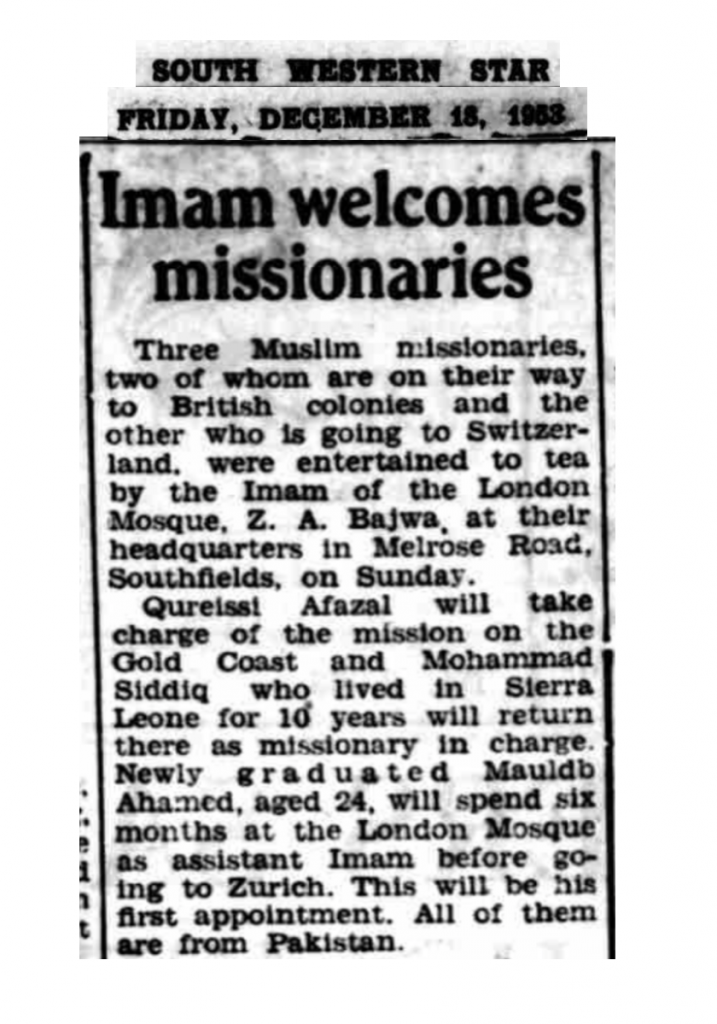
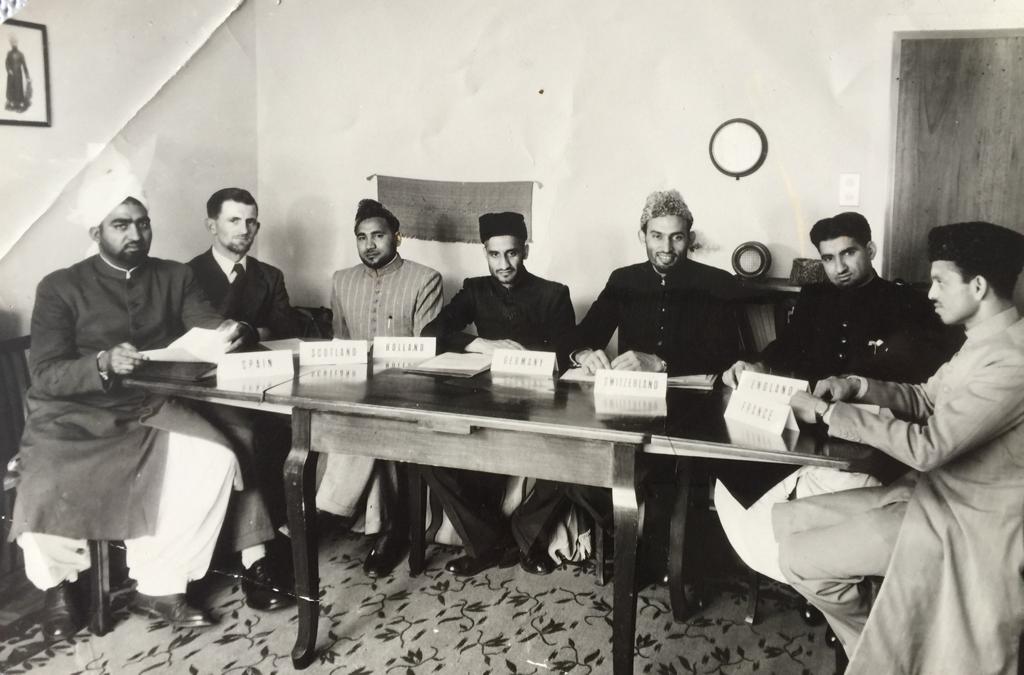
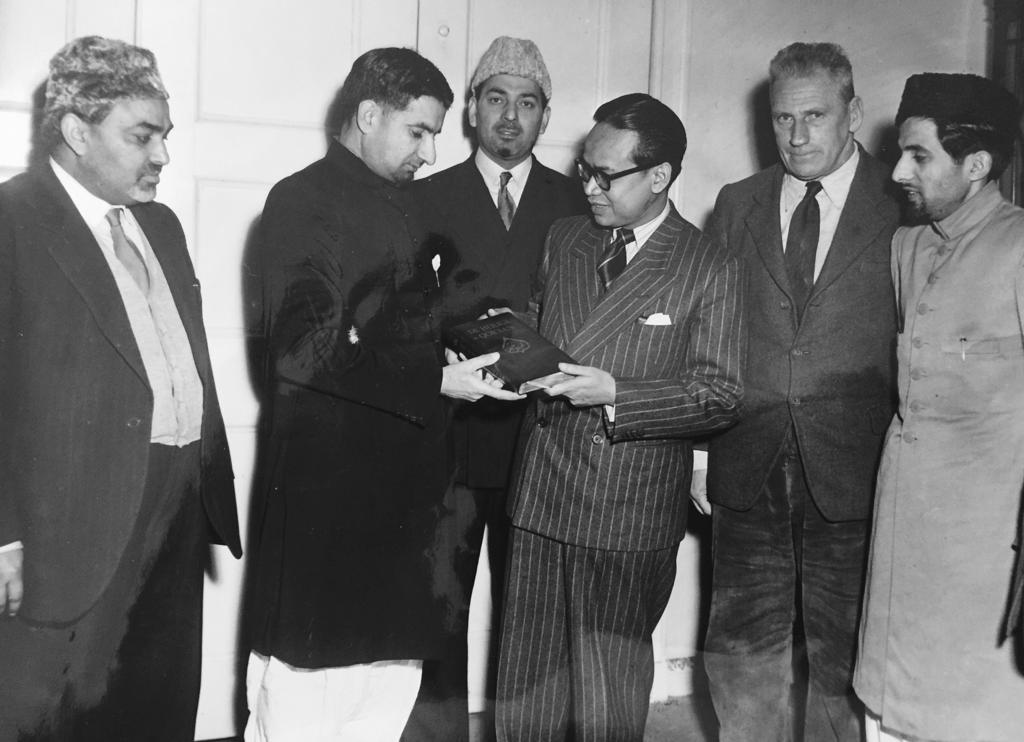
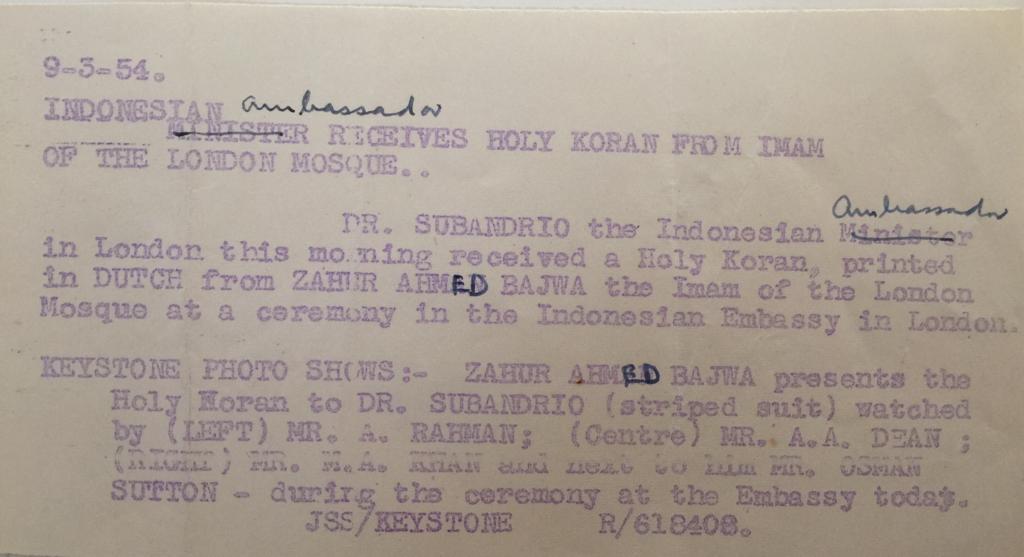
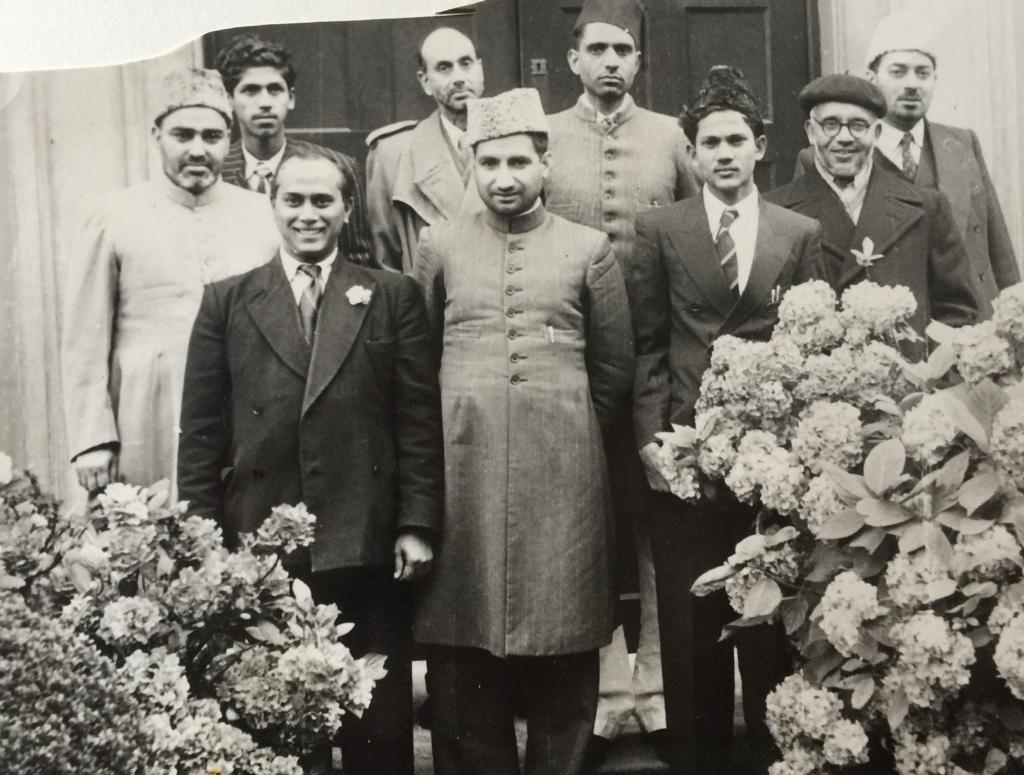
He had the privilege of serving the Jama’at in various roles, including as the representative (Wakil Tabshir) until 1955. Additionally, from November 1955 to February 1960, he was appointed as the Naib Nazir Islah o Irshad by the second Khalifa.
He had the honour of serving the Jama’at in various capacities, including as the representative (Wakil Tabshir) until 1955. In 1960, he was also appointed as the Naib Nazir Islah o Irshad from November 1955 to February 1960 by the second Khalifa.
From July 1961 to April 1969, he took on the responsibility of Nazir Zira’at (Agriculture Department), and during that period from 1966 to 1969, he also served as the Private Secretary to the Khalifa. He was also appointed as Nazir Amoor e Ama (Secretary of General Affairs) in May 1971 and as Nazir Amoor e Kharja (Secretary of Foreign Affairs) in 1978. From 1983 to 1995, he served as the additional Nazir Taleemul Quran Waqf e Arzi (Secretary for Quranic Education). From 1997, he dedicated his services as the Sadr (President) of Sadr Anjuman Ahmadiyya Pakistan until his demise. Chaudhry Zahoor Ahmed Bajwa Sahib had the fortunate opportunity to serve as a private secretary to two Caliphs during his lifetime. After returning from London in February 1949, he was appointed as an Assistant Private Secretary to Hazrat Khalifatul Masih IIra.
(Alfazl 25 Feburary 2002, Book Chaudhary Zahoor Ahmad Bajwa Sahib p 65,66)
After enduring a prolonged illness, Chaudhry Zahur Ahmed Bajwa passed away on February 19, 2002, at the age of 83. The funeral prayer was led in absentia by the fourth Caliph in the London Mosque, who conveyed the following sentiments:
“He was a man of great dignity who possessed a noble character, exemplifying the remarkable qualities of sincerity and loyalty.”

